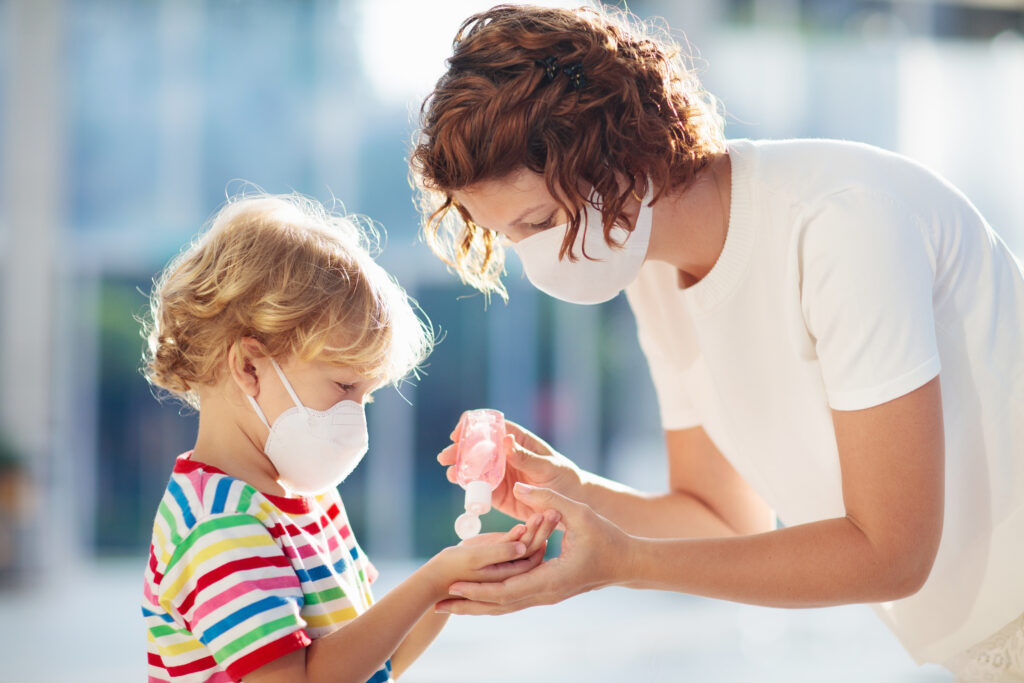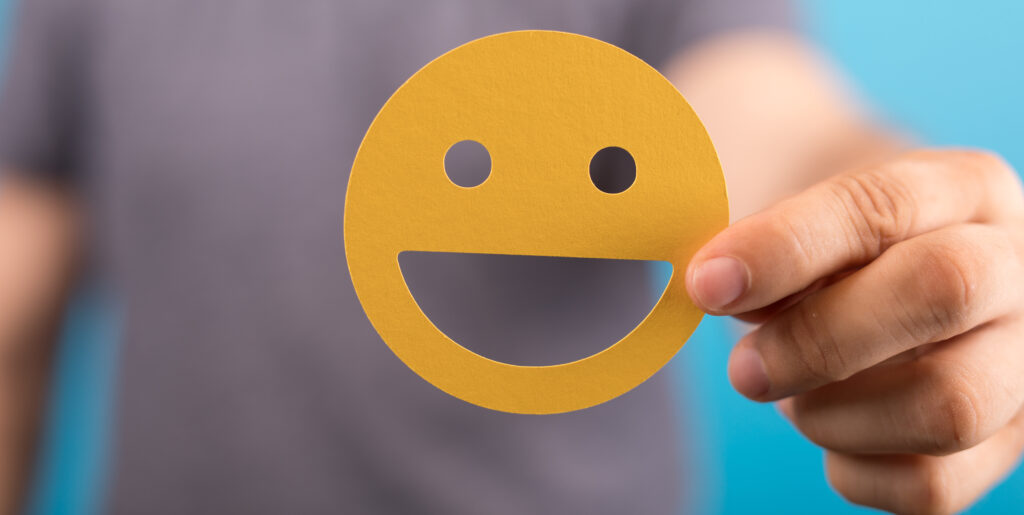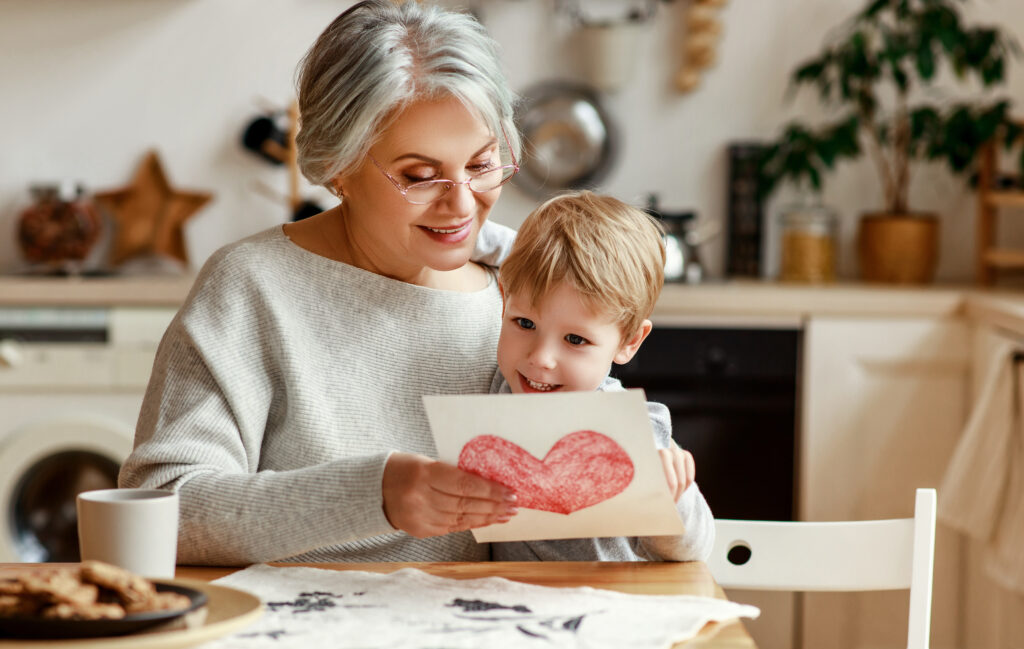Managing Stress: Part 5
It’s important to set aside time to reflect on how you’re managing stress.
View previous posts in this series:
It’s important to set aside time to reflect on how you’re managing stress.
View previous posts in this series:
Is your mind ready for stress?
Did you miss parts 1-3?
What are actions that you need to take when you are experiencing stress in the moment?
Did you miss out on previous episodes of this series?
A key part of managing stress is mindset. Check out part 2 of our 5 part series on managing stress.
Did you miss part 1? Check it out here.
In a time of great uncertainty, our ability to identify and manage stress is critically important. Over the next five days, we will share strategies to help you manage your stress during these challenging times. If you follow along, by the end of the week, you can create a personal plan to manage your stress.
Chances are if you’ve enjoyed songs by Mickey Mouse, Kermit the Frog, Winnie the Pooh, Big Bird, Ariel, Jasmine, Belle, Sebastian the Crab, and Larry the Cucumber, you know Dave Kinnoin. Dave has written songs for some of the most beloved characters in movies and on television.
In addition to writing for his character friends, Dave has released eight solo albums. He is half of the acclaimed songwriting/recording duo Randy & Dave, who have won numerous awards and landed on many Top 10 lists. He is also the brains behind the group Grin Brigade.
Dave is well-known for his acts of kindness and generosity. As a volunteer, he builds structures in Mexico, Haiti, and elsewhere for struggling families and communities with OneSmallHouse.org and writes songs for sick children with SongsOfLove.org.
Enjoy this special concert from Dave.
Dave has been involved with CHARACTER COUNTS! for 10 years. He performs assemblies, wrote the CHARACTER COUNTS! Week theme song and jingles, and produced the CD CHARACTER COUNTS! Strikes a Chord.

Just four weeks ago, we were all going to work, planning spring break vacations, looking forward to graduation ceremonies, and walking into grocery stores assured that we could purchase every item on our list. Today, we are all dealing with challenges none of us expected just a month ago. The onset of the COVID-19 has caused stress, anxiety, and change in routines and behaviors on a global scale. It is in these times of emotional peaks when remaining civil can be a challenge. Here are three things to remember in these challenging circumstances:
For example, my cousin had her wedding scheduled for March 21st, and by the time the happy day arrived, no more than 10 people could attend her ceremony. The months of planning and preparation for wonderful ceremony and reception, all gone because of this virus. Surely, she was disappointed that her wedding day was up-ended, but she chose to respond with joy and grace, rather than bitterness. And, by choosing a positive response, she got the best outcome she could given the circumstances she was in. She got married to the man she loves, she shared that moment with family and friends with a live stream of the ceremony, and she is planning to celebrate with a new reception when conditions allow. That’s choosing a great response, which will ultimately yield a positive outcome.
Finally, remember that the response you choose is an EVENT, that someone else must now deal with. Is your response a positive event for someone else, or a negative one?
For months before the arrival of COVID-19, the news was full of stories about how divided we are as a nation – politically, racially, geographically, economically, and so on. Now, in this moment, we must find success together. Assume best intentions. Choose your Response. Choose Grace. Take care of one another – even if it is from six feet away.

It’s easy to get caught up in the stress of everyday life. Here’s a few tips to keep a positive mindset.

From guest contributors Dr. Michele Borba and Dr. Marilyn Price-Mitchell
Much like the creative inspiration that flows through paint brushes and words of poetry, giving is an artful expression of caring for someone or something beyond ourselves.
Most of us learn the art of giving in our childhoods. I remember how my mother coordinated a neighborhood bake-off so we could take sweet holiday treats to our local nursing home. With several other families, we delivered trays of goodies and sang carols for the residents. I remember how I felt as I witnessed gratitude through the eyes of elderly patients, some of whom could not speak.
I quietly observed the hours of love stitched into the colorful wool mittens knitted by my grandmother, a project she worked on throughout the year. And then, just after Thanksgiving, I’d help her take those love-filled mittens to a children’s shelter. Yes, the mittens were artful pieces of craftsmanship, but the expression of caring behind the mittens was an illustration of something much bigger.
These childhood experiences were almost 60 years ago. But they still flood my senses every year at the holidays even though my parents and grandparents have long since passed. Those meaningful memories of giving became a part of who I am.
What I know today as a developmental psychologist that I didn’t know as a child is how important learning to give is to the health of our relationships, our wellbeing, and even how we engage in our communities. In my book, Tomorrow’s Change Makers: Reclaiming the Power of Citizenship for a New Generation, I share stories from civically-engaged young people who reflected on their growing up years and how they learned the art of giving.
Speaking of her father, Danielle, age 21 said, “He never saw social barriers. He saw people’s needs and he acted on them, no matter what background they had, no matter their circumstances. He was never afraid to get his hands dirty.” Danielle’s father was her inspiration, the person from whom she learned the art of giving—actions that flow from within to make a difference in other people’s lives.
Parents not only shape how children give to their communities, they also shape how families give to each other and the positive relationships that evolve from those actions.
Four Ways to Shape Lifelong Habits of Giving
The following are four ways you can inspire children to become givers, shaping their lifelong values about giving, family, and citizenship:
1. Give Voice to the Meaning of Gift Giving
You can help children become more mindful about gift giving simply by encouraging them to think, voice their thoughts, and then act on them. Engage children in open-ended questions that dig more deeply into the meaning behind giving, like:
2. Turn Your Family Values into Action
Discussions about giving can lead to identifying and articulating family values. Turning those values into action is a key to shaping children’s personal art of giving. Decide as a family how your values can be transformed into holiday gifts for family and friends. What kinds of gifts shared between family members and close friends are most meaningful? Decide on gifts that will bring this meaning to you and your children’s lives. Don’t be afraid to make changes from previous years and adapt to changing economic times.
3. Connect the Art of Giving to Stewardship
It takes the combined efforts of families, schools, and communities to raise caring citizens and stewards of the planet. Families play a vital role when they help children connect the art of giving to lifelong citizenship. There are thousands of ways children and families learn to give throughout the year that shape a child’s identity and personal art of giving. We are stewards to each other and the natural world around us. You can help children discover the daily ways they act as givers to their parents, siblings, neighbors, the earth, and those in need around the world by recognizing their small but significant gift-giving actions. Parents can bring meaning to these actions through family conversation starters like:
4. Engage Children in Community Giving Projects
Children mostly associate the holidays with being receivers of gifts. But according to studies in human development, it is gift giving that reaps the biggest psychological rewards. Even very young children can be involved in family projects that help others in your community. Take time. Let your children be creative.
Allow children to feel the power of giving. It’s that feeling that lasts a lifetime.
Michele Borba, Ed.D. is an internationally renowned consultant, educational psychologist and recipient of the National Educator Award who has presented workshops to over a million participants worldwide. She is a recognized expert in parenting, bullying, youth violence, and character development and author of 22 books including UnSelfie: Why Empathetic Kids Succeed in Our All-About Me World, The 6Rs of Bullying Prevention: Best Proven Practices to Combat Cruelty and Build Respect,The Big Book of Parenting Solutions, and Building Moral Intelligence. She has appeared over 130 times on the TODAY show and is a frequent expert on national media including Dateline, The View, Dr. Oz, Anderson Cooper, CNN, Dr. Drew, and Dr. Phil. To book her for speaking or media even refer to her website: www.micheleborba.com. Follow her on twitter @MicheleBorba.

From guest contributor Dr. Michele Borba
Empathy is the trait that helps make the world a kinder and gentler place, and empathy can be developed and improved. Wherever your children fit on the “caring about others” scale, there is always room for improvement. But what are proven ways parents can increase their children’s capacity to be kind and care? I’ve sought that answer for over a decade and interviewed dozens of leading experts to find it.
Ironically, it was at the site of unimaginable horrors, the Auschwitz concentration camp, where I found a key discovery. At the Auschwitz bookstore, I happened to pick up a book called The Altruistic Personality. My copy is now filled with notes and dozens of tabs: it is a fascinating read. And there among those pages, I learned that the answer to evil is empathy. That finding was the catalyst to my writing, UnSelfie: Why Empathetic Kids Succeed in Our All About Me World. So, if you ever wonder whether you can instill caring in a child, you do.
The Altruistic Personality describes the results of a now-infamous study that showed just how much parents can influence the development of the traits of humanness like caring, compassion, empathy, social responsibility, and kindness. And it was conducted by two social psychologists named Samuel and Pearl Oliner.
Nazis killed Samuel Oliner’s family, but a Polish peasant woman named Balwina saved him when he was twelve. “Balwina Piecuch’s act of kindness and caring not only saved my life, it formed my life,” he later said.
Sam Oliner and Pearl Oliner, his wife, spent the next three decades interviewing more than 1,500 Christians-both non-rescuers and rescuers-who had lived during Nazi-occupied Europe. Their goal was to determine why some, like Balwina, put themselves at great personal risk without external rewards while so many others did not. It is one of the most extensive studies of people who rescued Jews during the Holocaust and why some people care so deeply. The Oliners found several distinctions in rescuers.
First, most rescuers were deeply empathetic: they simply could not stand by and watch others suffer.
Many also had a strong sense of self-efficacy and believed they could make a difference and help others.
The majority had internalized a strong identity based on caring values and an ethic of social responsibility.
But how did those rescuers acquire those beliefs? “It was how I was parented” was a recurrent response.
There were four practices the rescuers’ parents did that helped instill their caring values.
First: The rescuers’ parents strongly emphasized kindness, and expected their children to apply the value to all people.
Second: The rescuers’ parents administered little physical punishment in disciplining their children. They used moral reasoning instead.
Third: The rescuers’ parents tended to have closer relationships with their children than did the bystanders’ parents, and were felt to be warmer and more supportive.
Fourth: The rescuers’ parents modeled caring behavior in their interaction with people outside the family.
In contrast, non-rescuers were far more centered on their own needs or felt obliged to help only a small circle of others. Their parents were also more likely to stress monetary values (“Be thrifty,” “Get a good job”) than caring, moral concerns.
When it comes to raising compassionate children, parenting does matter. But it’s not buying apps, paying for fancy tutors, giving long lectures, or sending kids to pricey camps that cultivate children’s hearts. The Oliners would tell us that who we are and what we stand for counts far more than all our long, endless parenting “to do” lists.
“Moral behavior is the consequence of empathy, caring for others, a strong attachment to the moral community, and an ethical obligation to all life. Reaching out to others at considerable personal risk, as Balwina Piecuch did, and as many, many others have done, has been the force behind much that is good in the world. It has saved innumerable lives and inspired new acts of generosity and heroism.” — Samuel Oliner
For our children’s sake, may we stand for kindness and model empathy.